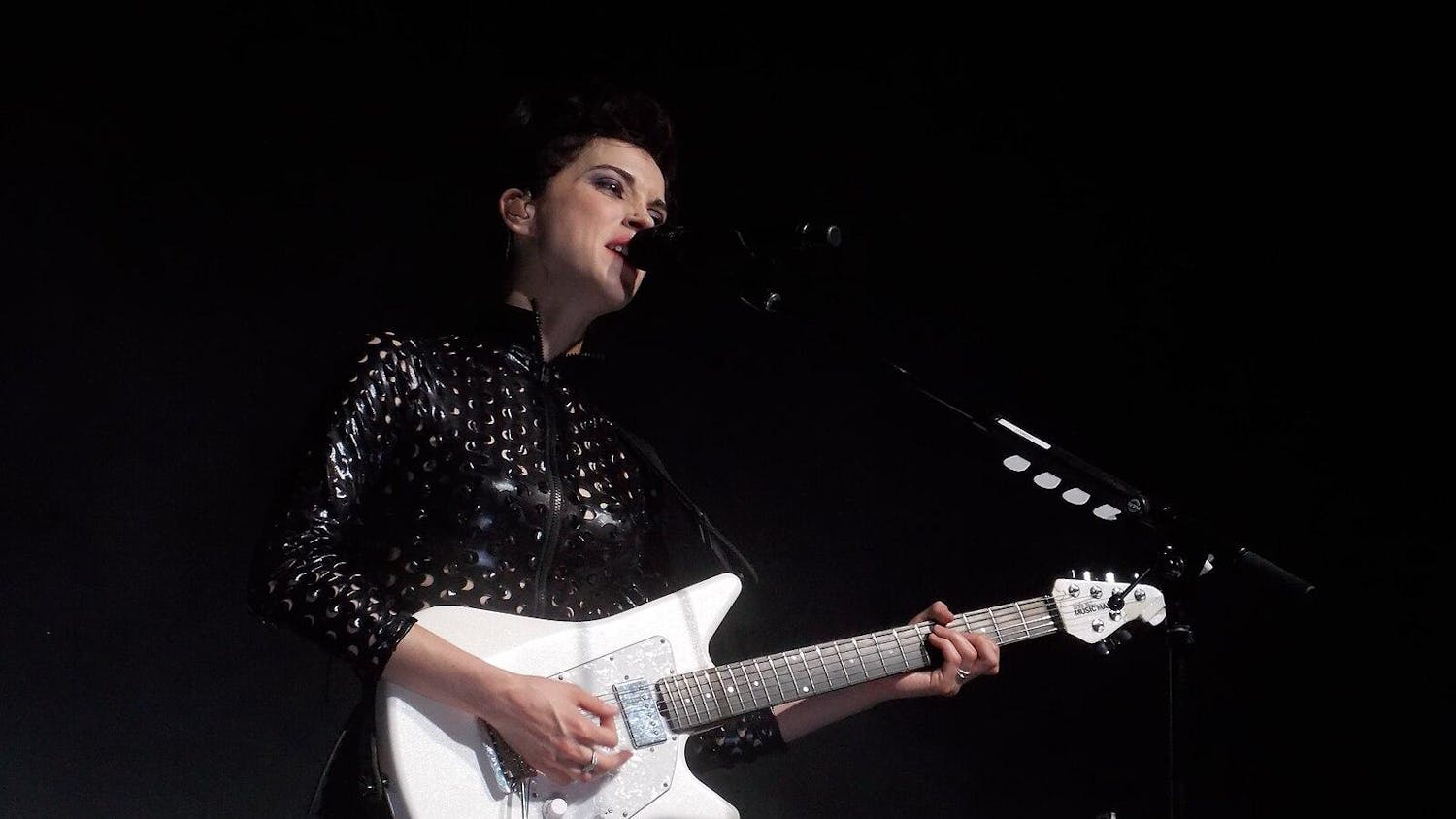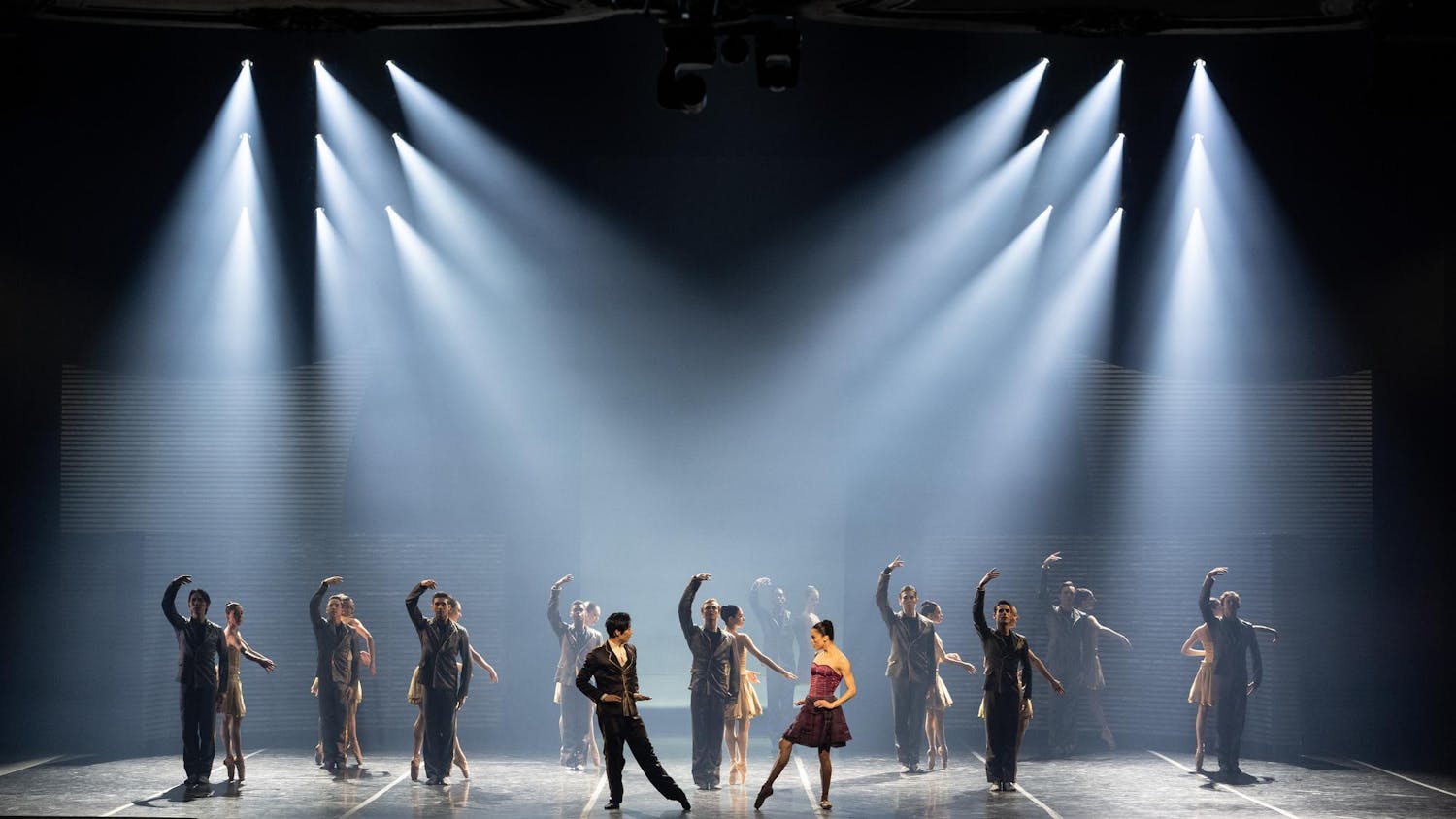For any honest individual who will admit to watching game shows, "Jeopardy!" has always been regarded as the classiest of the bunch. While game shows like "Who Wants to Be a Millionaire?" and "$100,000 Pyramid" also attempt to challenge contestants with questions at a level higher than slight trivia, "Jeopardy!" is the snobby, erudite prototype for broadcasted knowledge competitions. Watchers tolerate this characteristic, knowing that the source of its pretentiousness is largely accounted for by the host, Alex Trebek. Assuming a viewer can stomach the haughty critique doled out by the graying host, "Jeopardy!" represents a highbrow form of game−show broadcasting.
The superior state of "Jeopardy!" — and humanity in general — is therefore threatened when a giant room−sized robot with a human name is thrown into the equation.
Here enters Watson, a massive artificial intelligence computer system constructed by IBM and a large step closer to world domination by robots. Watson was created with the intention of answering questions posed in natural language, possibly for positive, technology−advancing purposes. Instead, IBM decided to send him over to Trebek to temper his ego and compete against Brad Rutter and Ken Jennings on special episodes of "Jeopardy!" Really productive, IBM.
What seemed to be a solid lead for humanity at the beginning of the first match quickly evolved into a streak of correct responses for Watson over the course of his two−match television appearance. Though human contestant Rutter and Watson were tied at the end of round one of the first match, Watson took his stubby robot legs and ran away with the show, winning a resounding $35,734. The second match yielded similar results, with a win for Watson at a combined total of $77,147.
What does a robot need money for anyway? After deciding it was probably used to fund marvelous robot galas held in the John F. Kennedy Center in Washington, D.C., I realized the problem was far greater than I had previously understood. This showing of computer genius does not bode well for the comparative intelligence of humanity. We humans do not possess four terabytes of hard−disc memory storage, nor do we have the full text of Wikipedia on file in our brain. This does not make us inferior; it just makes us sad.
In light of Watson's resounding victories, it's easy to become downhearted and pessimistic about the intellectual fate of mankind. In order to preserve some human dignity, then, let's identify the ways in which Watson doesn't completely trounce us with computerized brilliance.
What does Watson not have? He lacks all capacity to sense. Watson does not have the physical capabilities to appreciate the applause awarded to him after each successful answer. He can neither hear nor see and therefore misses out on experiencing the roller coaster that is (human) emotion. He fails to see the disappointed faces of Jennings and Rutter as the contestants realize a computer is ruining the basis for their self−worth.
Watson does not have a real face, only a snazzy avatar resembling a cartoon globe encircled by rays of light, called "thought rays." This cute metaphor for the uniting powers of globalization through technology doesn't fool me; I can't accept a trade of two eyes, a nose and a mouth for some computer icon. No one can give Watson a hug or look adoringly into the swirling sphere of "thought rays." It's just uncomfortable.
Lastly, Watson does not love. That is the ultimate tragedy of robot existence, not only for Watson but for all other known robots. Looks like humanity wins, after all.
--





